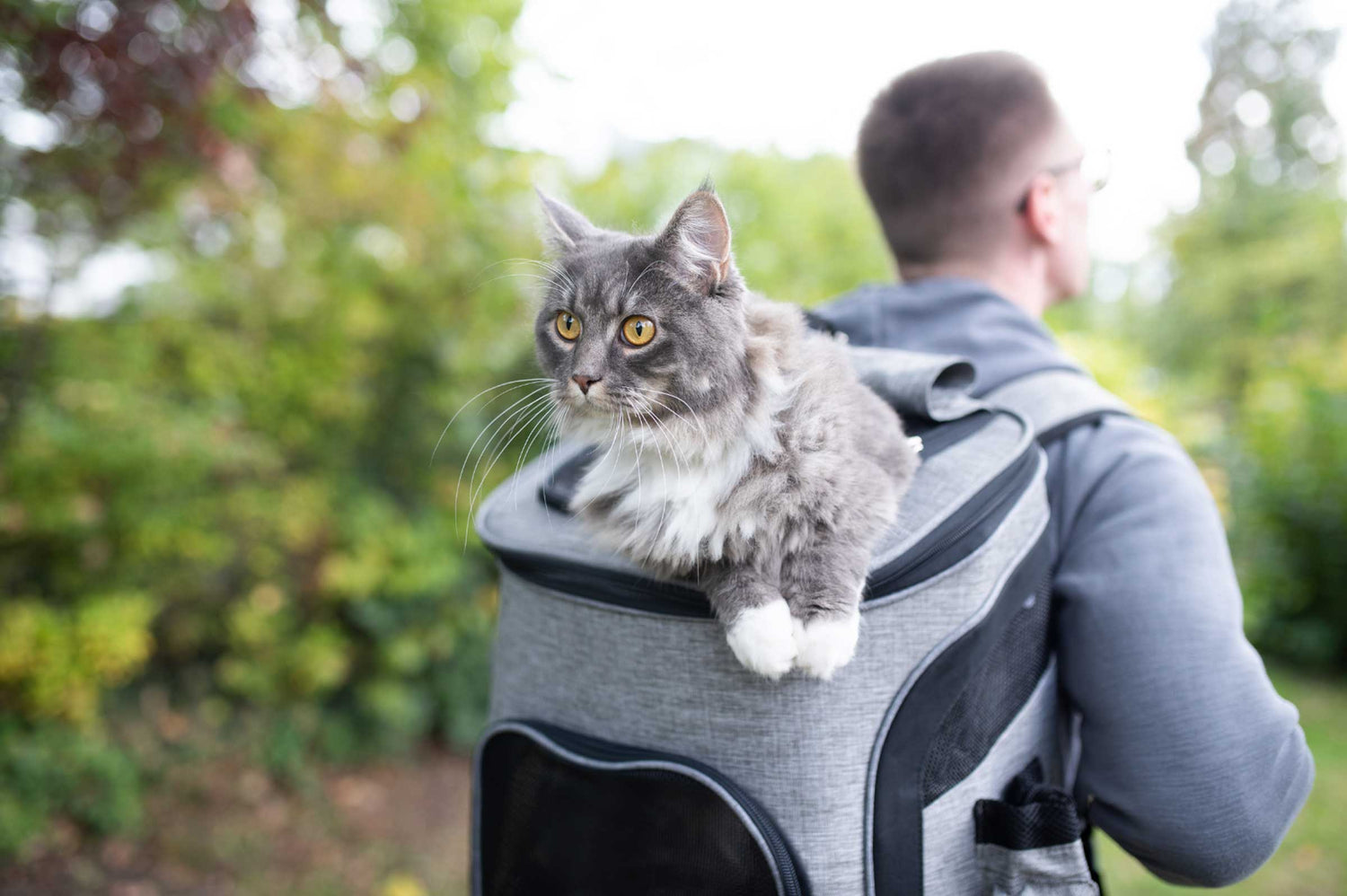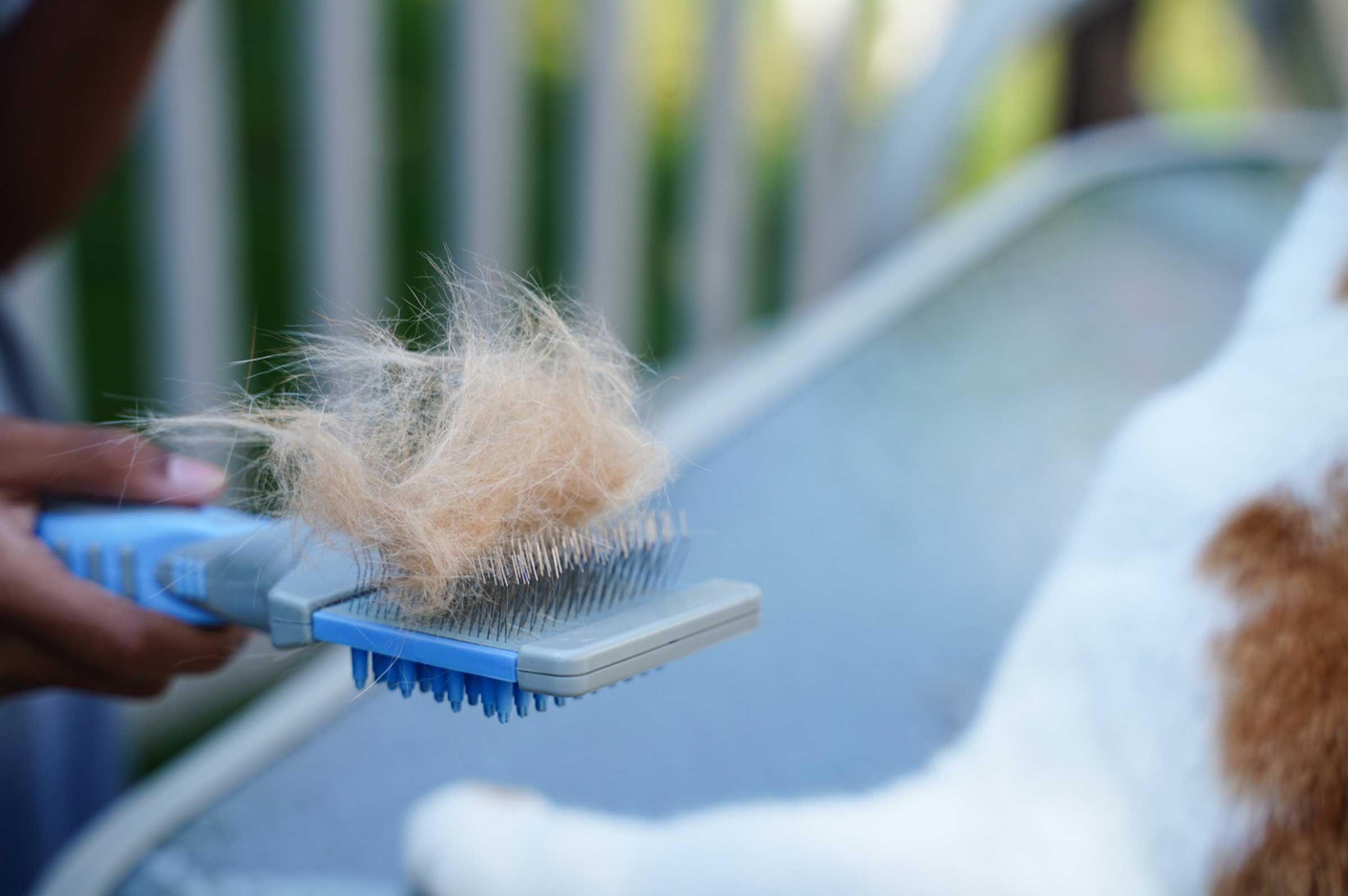Embarking on a journey with your feline friend can be a rewarding experience, strengthening the bond between you and your cat. However, traveling with cats can present unique challenges that require careful planning and consideration. Whether you're relocating, going on vacation, or visiting family, ensuring a smooth and stress-free trip for your cat is essential. In this guide, we'll explore valuable tips and advice to make traveling with your cat a positive experience for both of you.
From choosing the right carrier to keeping your cat calm during the journey, we'll cover everything you need to know to prepare for a successful trip. With the right approach and preparation, you can turn what might seem like a daunting task into an enjoyable adventure. Let's explore the best practices for stress-free cat travel.
1. Preparing Your Cat for Travel
Getting your cat accustomed to traveling starts well before the actual trip. Begin by familiarizing your cat with the carrier and the concept of being on the move. Place the carrier in a common area at home, leaving the door open to encourage your cat to explore it voluntarily. You can make the carrier more inviting by adding a soft blanket or a favorite toy inside.
Short practice trips can also help your cat adapt to the sensations of traveling. Start with brief car rides around the block, gradually increasing the duration as your cat becomes more comfortable. This gradual exposure can reduce anxiety and help your cat associate travel with positive experiences. Remember to reward your cat with treats and affection after each practice session to reinforce good behavior.
2. Choosing the Right Carrier
Selecting the appropriate carrier is vital for your cat's comfort and safety during the trip. Opt for a sturdy, well-ventilated carrier that is large enough for your cat to stand, turn around, and lie down comfortably. Hard-sided carriers provide better protection, while soft-sided ones may be more comfortable for some cats.
Ensure that the carrier is secure and escape-proof, with reliable latches and zippers. Lining the carrier with absorbent materials can help manage any accidents during travel. Additionally, placing familiar items like a favorite blanket or toy inside can provide comfort by surrounding your cat with familiar scents.
3. Packing Essential Supplies
Having all the necessary supplies on hand can make the journey smoother for both you and your cat. Pack enough food and water for the duration of the trip, along with portable bowls for easy feeding. If your cat is on any medications, be sure to bring an adequate supply, along with copies of veterinary records in case of emergencies.
Include cleaning supplies such as paper towels, plastic bags, and pet-safe disinfectant to handle any messes. A small, portable litter box and litter can be invaluable during longer trips. Bringing along comfort items like favorite toys or blankets can also help keep your cat relaxed during the journey.
4. Ensuring Safety During the Journey
Safety should be a top priority when traveling with your cat. Always keep your cat inside the carrier while the vehicle is in motion to prevent distractions and reduce the risk of injury. Secure the carrier with a seatbelt or place it on the floor behind a seat to prevent it from sliding or tipping over.
Avoid feeding your cat immediately before departure to minimize the chances of motion sickness. Make regular stops during long trips to offer water and check on your cat's well-being. Never leave your cat unattended in a parked vehicle, as temperatures can quickly become dangerous.
5. Keeping Your Cat Calm and Comfortable
Maintaining a calm environment can significantly reduce your cat's stress levels during travel. Speaking in soothing tones and playing calming music can help create a peaceful atmosphere. Some cats may benefit from pheromone sprays or natural supplements designed to reduce anxiety.
Monitoring your own stress levels is also important, as cats can pick up on your emotions. Staying relaxed and patient can help your cat feel more secure. If your cat shows signs of severe stress or anxiety, consult your veterinarian for additional advice or possible interventions.
Conclusion
Traveling with your cat doesn't have to be a stressful experience. With proper preparation and attention to your cat's needs, you can ensure a safe and enjoyable journey for both of you. By following these tips and remaining attentive to your cat's comfort, you can make traveling a positive and enriching experience.
To further support your cat's well-being during travel, consider using VetSmart Formulas supplements. These high-quality supplements are designed to support overall health, making them an excellent addition to your travel preparations. Visit our website to purchase VetSmart Formulas supplements and give your cat the support they deserve on your next adventure together.











